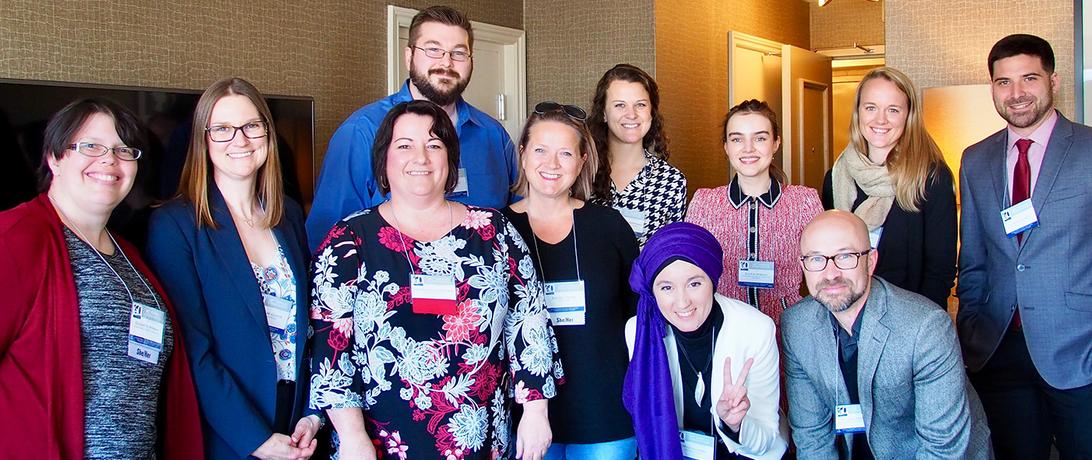New research presented at the conference demonstrated the rising threat of fisheries conflict around the world and contributed to a common understanding of the causes of fisheries conflict. In order to reduce fisheries conflict, policy solutions must be tailored to the scale of fisheries conflict to address the various causes and actors (e.g., local, regional, and international conflicts). The FCRC, a global network of researchers, is coordinating their work to raise awareness about fisheries conflict and the risks posed to livelihoods and security. Panel members included:
- Dyhia Belhabib of Ecotrust Canada presented research on the impacts of extreme events like conflict and natural disasters on fisheries health.
- Elizabeth Nyman of Texas A&M Galveston discussed the promise and shortcomings of new regulatory and governance approaches to managing fisheries in the Arctic under climate change.
- Jessica Spijkers of Stockholm University presented global trends in international fisheries conflicts over 40 years.
- Sarah Glaser of Secure Fisheries presented research on the causes and consequences of small-scale fisheries conflict in Tanzania.
- Cody Schmidt of the University of Iowa presented his dissertation research on links between piracy, illegal fishing, and declines in fish stocks.
